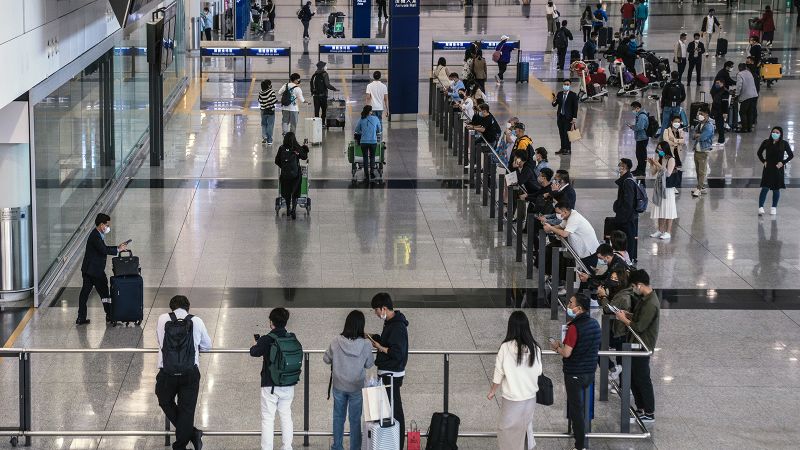

The problems of the group of people whom we call “homeless”… has it ever really been a lack of homes?
There are homeless shelters with empty beds at night. Some people who probably really need them refuse to go there and instead sleep outside because they don’t want to be sober.
It’s amusing to think that if we just assign one empty home to each homeless guy - thus eliminating homelessness - all would be right. In the world. But I don’t think it works that way.






















A lot of FOSS projects are freemium based which seems viable for larger more complex projects.
In these projects it’s common to see the developer get paid for adding features on top of the core version, for a SaaS version, for custom development, or for offering support.
Other projects with a lot of community interest - and a good “community manager” style organizer can attract contributors in the form of pulls, bug testing and reports, and widespread use which generates valuable marketing. These projects only exist because of the labor of love from the whole community.